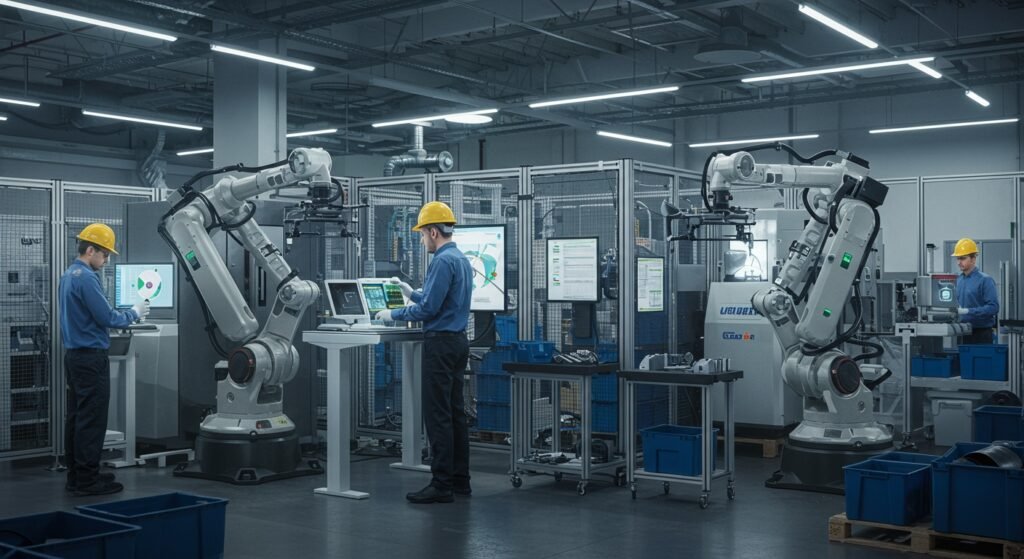7 Proven Benefits: How Supply Chain Analytics Transforms Your Business
Supply Chain Analytics: Turning Data into Strategic Insights In today’s fast-paced global economy, the ability to make informed decisions quickly is paramount. This is where supply chain analytics steps in, transforming raw data into actionable intelligence. Gone are the days of relying solely on intuition or historical spreadsheets; modern businesses leverage advanced analytics to gain […]
7 Proven Benefits: How Supply Chain Analytics Transforms Your Business Read More »









